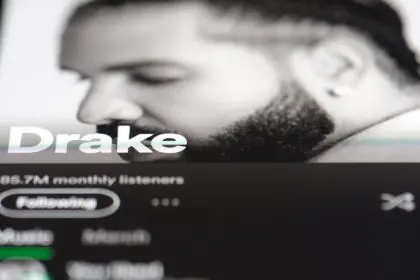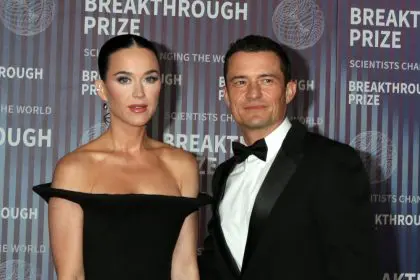 There has been a subtle but noticeable diversification of the student body on the campuses of the nation’s Historically Black Colleges and Universities (HBCU) over the past 20 years. With the promise of a cultural experience, affordable tuition and an emphasis on social justice, HBCUs are attracting and actively recruiting more non-black students, mainly Asians and Hispanics, than ever before. While attending the Thurgood Marshall Fund 23rd Anniversary Dinner Awards, rolling out got feedback from attendees on this rarely discussed trend.
There has been a subtle but noticeable diversification of the student body on the campuses of the nation’s Historically Black Colleges and Universities (HBCU) over the past 20 years. With the promise of a cultural experience, affordable tuition and an emphasis on social justice, HBCUs are attracting and actively recruiting more non-black students, mainly Asians and Hispanics, than ever before. While attending the Thurgood Marshall Fund 23rd Anniversary Dinner Awards, rolling out got feedback from attendees on this rarely discussed trend.
 |
| Omarosa with Johnny C. Taylor, CEO of Thurgood Marshall College Fund |
According to the 2009 Fund report, the population of Asian, Hispanic, and multiethnic students enrolled in HBCUs increased from 6 to 8 percent from 1986 to 2006. Some speculate that the trend is due to the economic pressures faced by HBCUs and a need to maintain high enrollment quotas. However, Johnny C. Taylor, CEO of the Thurgood Marshall College Fund, notes that the importance of diversity is leading this movement.
“We are consciously deciding to be more global and international. The idea is to bring more people in throughout the world. We always say to be pro-black does not mean you are anti-white,” he says.
It is that emphasis on creating global unity that actress Anika Noni Rose believes to be the greatest benefit of more diversity at HBCUs.
“As much as we have been excluded from it’s important for us to remember to include. It allows us to come together for a common cause as opposed to being homogeneous and supporting our own things,” she says.
While there is little argument that more diverse campuses can lead to an enriching academic and cultural experience, some HBCU students want to make sure that attention doesn’t come at the expense of serving black students.
“I feel as though some of the marketing to bring in those students and offer them better aid is a gift and a curse because it takes away from the overall HBCU experience if it becomes too dominant,” says HBCU student Jamel Daniels.
In the end, it’s purely a balancing act for HBCUs to maintain their commitment to delivering high quality education to the black community while expanding services to other underserved communities. If HBCUs can strike that balance, then they will successfully redefine themselves in the 21st century’s ever-changing global market. –souleo




